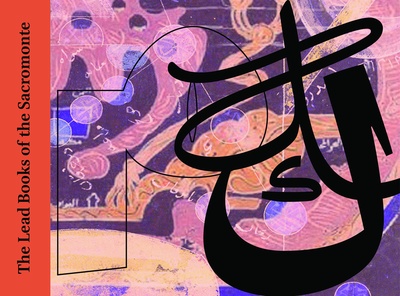
The Archive of the Sacromonte Abbey in Granada preserves a historical treasure: Arabic texts on a sheet of parchment and on numerous small tablets of lead, which were discovered in Granada at the end of the sixteenth century in the tower of the old Friday Mosque and in caves of the "Valparaíso" hillock, from then on called "Sacromonte". They became the object of heated discussions in Europe and were condemned by the Pope in 1682. The texts are among the very last literary productions of the Moriscos, the Andalusi Muslims, many of whom continued to practice Islam in secret until their expulsion from Spain between 1609 and 1614. With the permission of the archbishop of Granada, this publication offers, for the first time in history, a study, edition, translation, and images of all the tablets, shedding new light on the fascinating religious messages of these enigmatic texts and their authors.
Pieter Sjoerd van Koningsveld, Ph.D. (1976), Leiden University, was until his retirement Professor of Islamic Studies at that university. He published widely on Al-Andalus and the history of Muslim minorities in Europe as well as on modern Islam. He passed away in 2021. His last monograph was entitled An Arabic Source of Ramon Martí. Al-Saif al-Murhaff fī al-Radd ʿalā al-Muṣḥaf (“The Whetted Sword in Refutation of the Koran”). Introductory Study with Text and Translation of its Surviving Fragments (Leiden: Aurora, 2018).
Gerard Albert Wiegers, Ph.D. (1991), Leiden University, is Professor of History and Comparative Religious Studies at the University of Amsterdam. He has published widely on the history of Muslim-Jewish-Christian relations and Muslim minorities in Europe. His most recent publication (co-edited with Mercedes García-Arenal) is entitled The Iberian Qur’an. From the Middle Ages to Modern Times (Berlin and Boston: De Gruyter, 2022).
The two authors cooperated for many years in the study of the Arabic and Romance writings (often in Arabic script, Aljamiado) of the Muslim minorities in Medieval and Early Modern Christian Iberia. Their publications in this field have appeared in books and international peer-reviewed journals, such as, for example, their article ‘The Islamic Statute of the Mudejars in the Light of a New Source’ (Al-Qanṭara XVII, 1996).
Students of Islamic Studies, the history of Islam in the Iberian Peninsula and the Maghrib, Muslim-Christian relations, Mudejars, Moriscos, Jewish history, Urban History of Granada, History of Christianity, History of Orientalism, Interreligious Studies, Prophetical Texts, and Islamic Mysticism and Polemics will find this volume highly valuable.
Read more